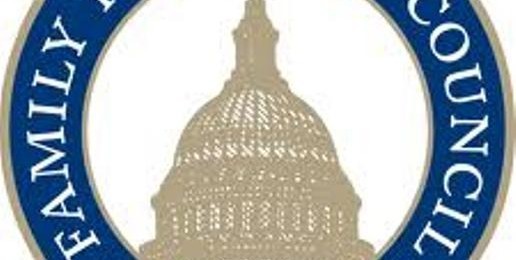
FRC is proud to announce the availability of its new policy pamphlet entitled, “Who Should Decide How Children are Educated?” by Jack Klenk. Mr. Klenk is a retired, long-time Department of Education policy expert and proponent of educational reform.
You can download the document here. [PDF]
Primarily, Klenk asks the following linked questions: “Who has the primary responsibility for making critical decisions about the education of school-aged children? Their parents? Or government and the school system it operates?”
Klenk presents an extended overview of the development of American public education and demonstrates that we now have a “top-down” model that has been designed to promote the preferences of experts, bureaucracies, and unions above that of parents. Rather, a system must be developed that overturns old patterns of behavior. The current educational system is overdue for a modernization, that will it make it more flexible, less bureaucratic, and more family-friendly. To be authentically public, it must serve all parents from the whole public.
For education to serve the public, it must give parents access to a variety of schools, not just the monolithic government option. The old system is a monopoly that is not suited to modern life. As with other monopolies, it gives disproportionate weight to itself and special interests, and not enough to the customers – the parents and children. Furthermore, monopolies always resist improvement-forcing competition. Any new system of education for the public must leave behind the mindset that only government schools can serve the public. Parents should be allowed to select the educational institutions that best suit their needs.
However, the reforms must be accomplished in a manner that does not interfere with the freedom and distinctive identities of nongovernmental schools. This is critical. Government financial support of parental educational choices cannot be allowed to threaten the independence and distinctive features (e.g., religious education) of alternative institutions. Vouchers, tax credits, and charter schools are all part of a wave of educational change that appears to be on the horizon as the public realizes that government schools are very costly and are not performing well.






















